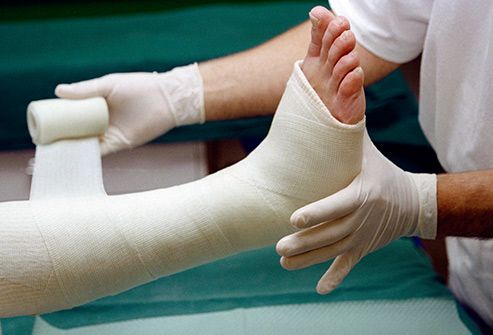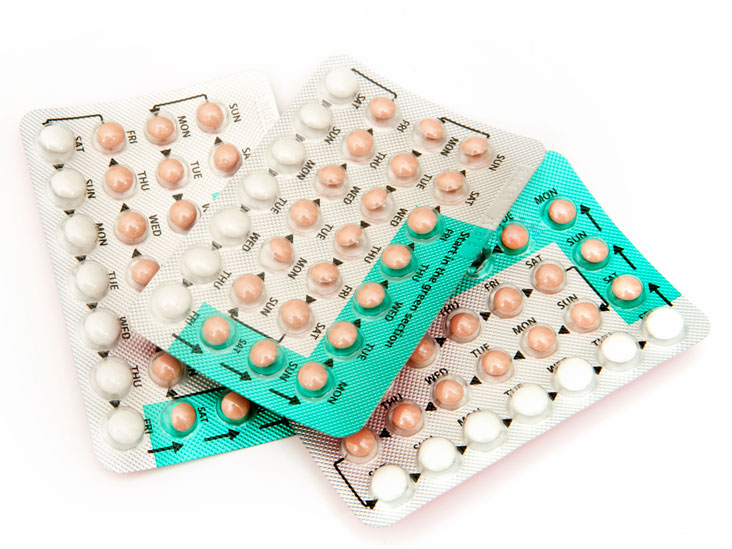
Image from Everyday Health
Isabel Draper
The Paleo diet claims to help with weight loss and health by returning to the diet that their ancestors consumed thousands of years ago. Grains and processed foods are avoided. The diet consists mostly of meat and vegetables. The diet also prohibits the consumption of legumes and added sugars.
We know that paleolithic people didn’t eat cauliflower rice or coconut clusters. Paleolithic people likely ate lean small animals, including the inner organs (offal) and the bone marrow. They ate what they could kill or could find. The meat available to be eaten today is from fattened cattle. And most of us don’t eat offal or bone marrow. Still, the Paleo diet stresses the benefits of consuming grass-fed beef while not directly addressing the potential drawbacks of consuming large quantities of red meat.
The idea that paleolithic people ate more meat than vegetables may reflect the fact that animal bones are more easily preserved than plant matter. The exact amount of meat that they ate compared to vegetation is impossible to determine. Humans lack certain teeth that carnivorous animals use to shred meat. Our teeth closely resemble other omnivores or herbivores.
Proponents of the paleo diet have not provided satisfactory evidence that the elimination of potentially nutrient dense foods like legumes, dairy, and grains promotes health. For example, the potato, which was available to some paleolithic people, is generally avoided by followers of the diet due to its high glycemic index.
Avoiding processed foods and grains may facilitate weight loss and improve overall health, but the claims for other aspects of the diet are speculative. There is no way to know what the paleolithic humans ate thousands of years ago. What we do know is that they ate to survive. If a paleolithic human found a cheeseburger out on the savannah, he might have eaten that and asked for some fries to go with it.
https://www.ncbi.nlm.nih.gov/pmc/articles/PMC4997304/
https://www.hsph.harvard.edu/nutritionsource/healthy-weight/diet-reviews/paleo-diet/

